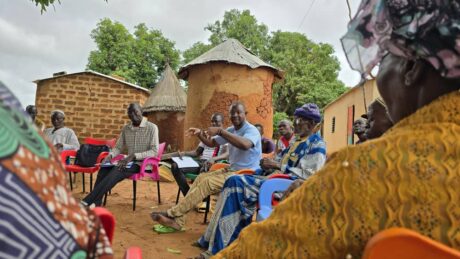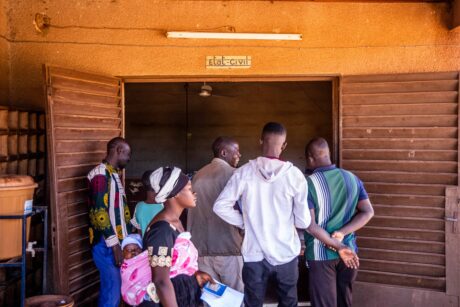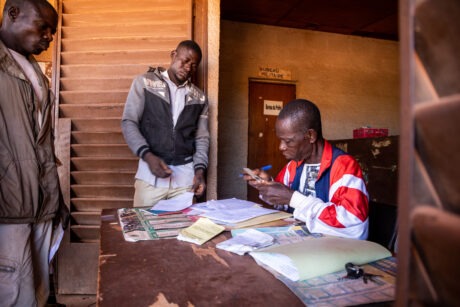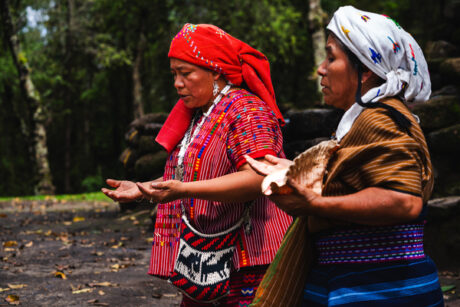Practitioners in governance face many challenges in countries where democracy is tenuous, and one of the most challenging is strengthening the social contract between citizens and government.
But forging trust is an essential step in creating a framework that can respond to citizens’ pressing needs and priorities, experts said during “Democracy Delivers,” a webinar co-hosted by Creative Associates International and VNG International, the international cooperation agency of the Association of Netherlands Municipalities.
“At the end of the day, people are looking for results in order to trust the local authorities and trust the system,” said panelist Karl Jean-Louis, Chief of Party for USAID-funded Inclusive Governance for Resilience program implemented by Creative in Burkina Faso.
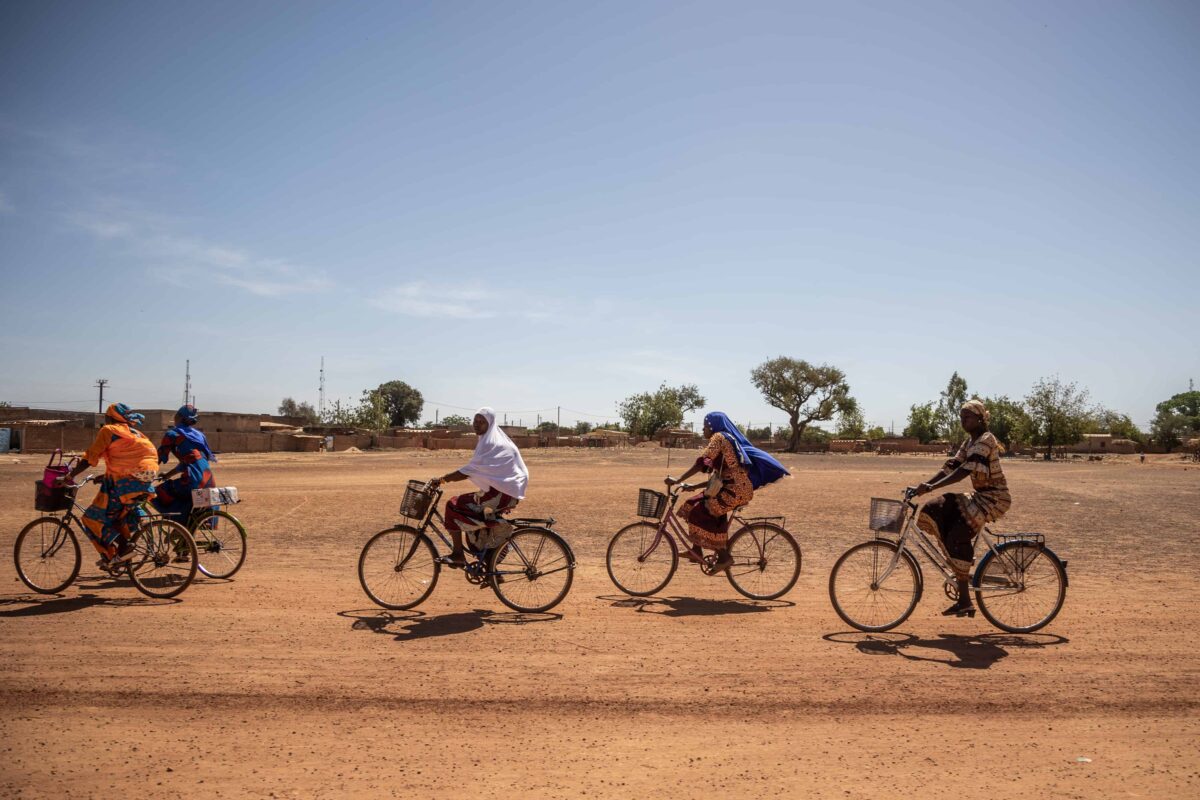
In political systems weakened by conflict or fragility, panelists said their experience implementing governance projects has demonstrated that building a constructive partnership between local governments and communities requires honest conversations, establishing mutual goals and a shared understanding.
A first step in the path to trust is understanding the key players in local governance, said Yeshimebet Aynie, Capacity Strengthening Manager for the USAID-funded Ethiopia Civic Engagement Activity implemented by Creative.
“As a starting point, we conduct analysis of key local governance actors,” Aynie told the webinar audience on Dec. 5, 2023. “We focused on the council, elected councilors, the administration, and the citizens. The three points, and what their relations look like there, is the social accountability that we want to focus on between the citizens and the service providers.”
Accountability is critical, panelists said, since stakeholders cannot constantly monitor each other’s activities.
A Matter of Trust
Trust and accountability are even more complicated when governmental leaders are reluctant to share power and information. In countries such as Burkina Faso and Mali, where military juntas are in control, panelists said every step of the journey is delicate.
“Our approach has been cautious in doing different analyses,” said Jean-Louis, head of the Burkina Faso project. “We have to navigate with all the pressure and tension, mainly the political crisis and the lack of trust between citizens and the [leaders of] these two war-torn countries.”
Practitioners said governments can regain the trust of their citizens when they demonstrate good faith in improving the provision of public services. But even if the government gains citizens’ trust, it can be undermined if it cannot make good on its promises.
“It’s very important to make sure that you don’t end up with this process with a wish list at the end set up by the population, but then nothing can be implemented,” said Eva Peppelman, who directs VNG’s programs in Burundi, Mali and the Democratic Republic of the Congo as Project Manager in VNG’s Business Unit for West and Central Africa.
In such instances, a project can support the relationship by providing incremental resources and supporting revenue generation, Peppelman said.
“In the short term, the use of small grants to be able to implement small actions from these plans – based on participative needs from the community – shows the community that participation actually pays off directly with services or improvements that they can feel,” Peppelman said.
A similar result was achieved in Burkina Faso, where the government had struggled to meet the demand for identity cards. Still, a mayor’s office provided 45,000 I.D. cards to citizens.
“We can see people coming from all over the place, being in line for 1 to 2 hours to get their card, because this card gives them access to other services,” said Jean-Louis of the Burkina Faso project.
Governance practitioners can play a valuable role in helping government officials confront how they are not meeting their citizens’ needs. In southern Ethiopia, citizens had to travel most of the day to get clean water. Having an outside party in place to bridge the gap between the citizens and the government moved leaders to confront the untenable situation and make progress.
“Once (the citizens) participated in the dialogue with service providers and the local government, they were able to influence them to allocate a budget,” said Yeshimebet.
Tools of the Trade
Outside of trust and communication, speakers in the webinar also stressed different tools they employ to empower struggling communities. One is the community scorecard, an accountability tool that helps plan, monitor, assess and evaluate public services.
“It is a very empowering tool,” said Aynie of the Ethiopia Civic Engagement Activity. “We bring citizens together. Those empowered people raise their issues, voice their issues, demand improvements in dialogues, and that leads to a shared understanding of the citizens’ concerns and the shared development of shared action plans and solutions to address improvement.”
Barry Reed, Chief of Party for the USAID-funded Vietnam Local Capacity Development Program implemented by Creative, stressed the interconnectedness of all the elements.
“There’s a ripple effect of each activity that you undertake. It ripples out and impacts other things. At the root of it, our teams are supporting what needs to happen to make life on the ground better. How do we really make that happen for every single person on the ground to make sure the lasting effects of our work for the long term?”
